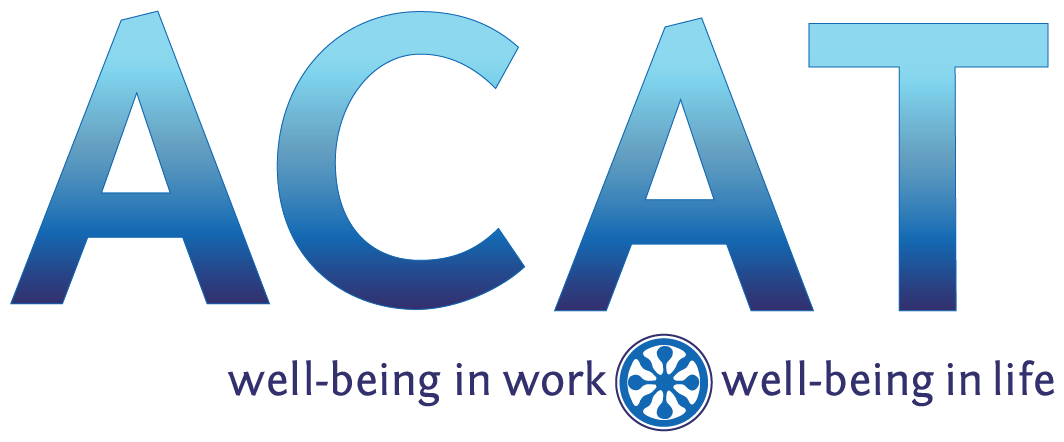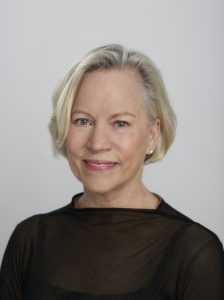by Bette Chamberlin (originally published at bettechamberlin.com on July 31, 2019)
It has been a brutally hot summer. I can’t go out most days after 8:30am.
On days off, If I think that I can dilly-dally and wait until 9:30 am, the temperature has often risen 5 degrees. I can’t. Heat is intrusive and the brain and body resists adapting to the onslaught.
Our weather is different now. There has been a distinct major upwards change in in temperature in the last 50 years. Starting in 1895, it looked like the earth was getting cooler and it did until 1970. Then the average temperature starting in each 5 year time frame was reduced from the period before. Not so starting in 1970. In 1970 we started to see more dramatic upticks in temperature. Since then, there have been NO temperature changes down, only up. (citation below).
Our bodies go through similar scales of change.
In general, we don’t pay attention to the small progressive changes in our functioning when we are young because there are few challenges that our young bodies cannot meet. We remain easeful.
As years go by, and we grow older, managing adulthood and the ensuing stress is more challenging. And our initial free wheeling upright posture, once so natural and poised turns into more and more aches, pains and corresponding postural changes. We really don’t notice. When so much tension is carried around for too long, bad habits can set in, making us wonder what is happening.
If you believe how you function and move is a given and that resulting suffering is inevitable, it is NOT.
We can build an awareness of harmful habits, much like the awareness of recognizing troubling climate changes that now threaten to harm us. Change is possible, but how do we do that? I can help you so you can live with more ease and comfort using self-care tools for the rest of your life.
Citation: NOAA National Centers for Environmental information, Climate at a Glance: Global Time Series, published July 2019, retrieved on July 29, 2019 from https://www.ncdc.noaa.gov/cag/
Bette Chamberlin (ACAT ‘03) comes from a professional ballet background dancing with American Ballet Theater, and later teaching at NYC studios and universities (NYU and Montclair State University). While suffering many years, after retirement, from poor muscular habits related to her dancing, she found the Alexander Technique which completely changed her life. It was a revelation that through gentle hands and constructive thinking in activity her pain could be greatly reduced. She has been teaching for 15 years and has helped musicians, vocalists and dancers to improve their skill set while learning to do less.www.bettechamberlin.com


